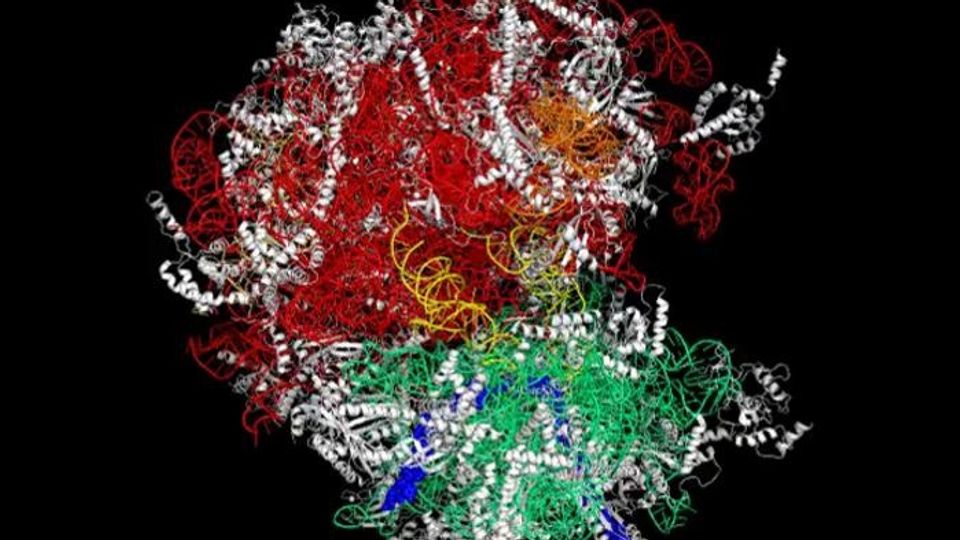As it turns out, cancer cells might use our very own protein factories to hide. Each of our cells contains a million of these minuscule factories, known as ribosomes. Liam: “They make all the protein we need. This job is so essential: all life depends on it! This is why people have always thought that every ribosome is the same, and that they just passively churn out protein as dictated by the cell’s nucleus. We’ve now shown that this is not necessarily the case.”
Want more breaking news?
Subscribe to Technology Networks’ daily newsletter, delivering breaking science news straight to your inbox every day.
Subscribe for FREECells change their ribosomes when they receive a danger signal from the immune system, as the new study showed. Liam: “They change the balance towards a type of ribosome with a flexible arm sticking out, called a P-stalk. In doing so, they become better at showing themselves to the immune system.”
Just like the look on someone’s face, the surface of a cell can give away a lot of information about what's happening on the inside. “Cells coat themselves with little chunks of protein, which is what our immune system uses to recognize them and to tell when something is wrong”, Liam explains. “This is an essential part of our immune response. If a cancer cell can block this process, it can make itself invisible to the immune system.”
Liam’s group has now uncovered a new way in which cancer cells could pull such a poker face: by affecting their ribosomes. Fewer flexible-arm-ribosomes means fewer ‘emotions’ on their (sur)face. “We are now trying to figure out how they accomplish this, so we can attempt to block this ability”, says Anna Dopler, a member of Liam’s group and closely involved in the project “This would make cancer cells more visible, enabling the immune system to detect and destroy them.”
Liam is fascinated by ribosomes, even beyond the new angles for future cancer therapies: “Every single cell that has ever existed in our family tree relied on ribosomes. There is a hypothesis that all of life developed to allow the ribosome to duplicate itself. It’s a pretty wild idea, but I love it! I have no idea whether it is true, but just the simple fact that there is something that ancient in every one of our cells fills me with awe.”
Reference: Dopler A, Alkan F, Malka Y, et al. P-stalk ribosomes act as master regulators of cytokine-mediated processes. Cell. doi: 10.1016/j.cell.2024.09.039
This article has been republished from the following materials. Note: material may have been edited for length and content. For further information, please contact the cited source. Our press release publishing policy can be accessed here.
This content includes text that has been generated with the assistance of AI. Technology Networks' AI policy can be found here.


